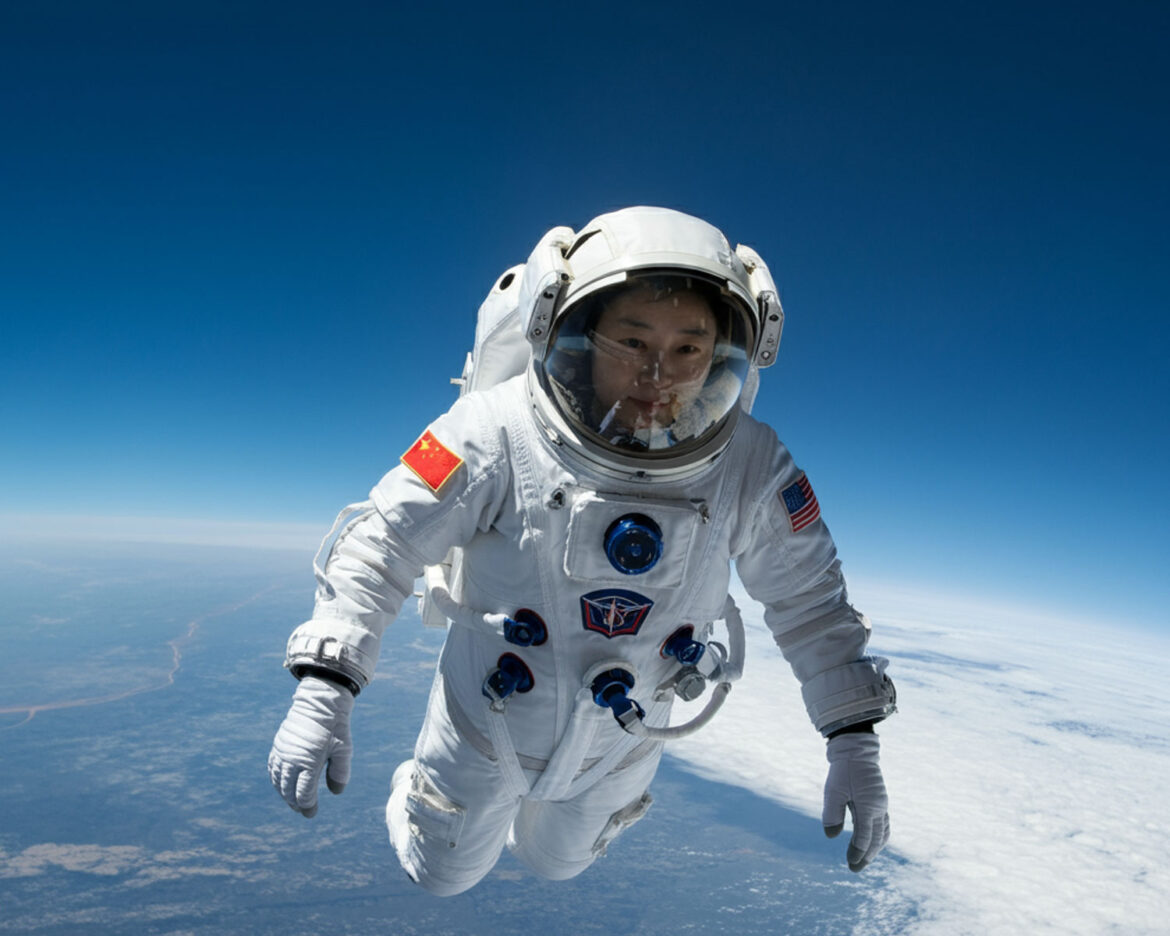In a groundbreaking achievement for space exploration, China has successfully launched its first female civilian astronaut, Zhang Wei, to the Tiangong space station. This historic mission, part of China’s expanding space program, aims to promote gender equality in STEM fields and inspire future generations of female scientists and engineers.
The launch took place on November 1, 2024, from the Jiuquan Satellite Launch Center in Inner Mongolia. Zhang, a 34-year-old aerospace engineer and mother of two, was selected from a competitive pool of candidates as part of the “Chinese Civilian Astronaut Program,” which aims to include civilians in space missions alongside military personnel.
Zhang will spend 30 days aboard the Tiangong space station, conducting scientific experiments and participating in educational outreach activities aimed at encouraging young girls to pursue careers in science and technology. During a pre-launch press conference, she expressed her excitement, stating, “I hope to show that women can reach for the stars, quite literally.”
The mission also marks a significant milestone for China’s space ambitions, following the successful launch of its first crewed mission to Tiangong in 2021. With this launch, China solidifies its commitment to advancing human spaceflight and exploration.
Zhang’s journey is expected to inspire many, as she joins the ranks of pioneering women in space, contributing to a more inclusive future in the field of aerospace. As the world watches, her mission serves as a beacon of hope and opportunity for aspiring astronauts everywhere.



